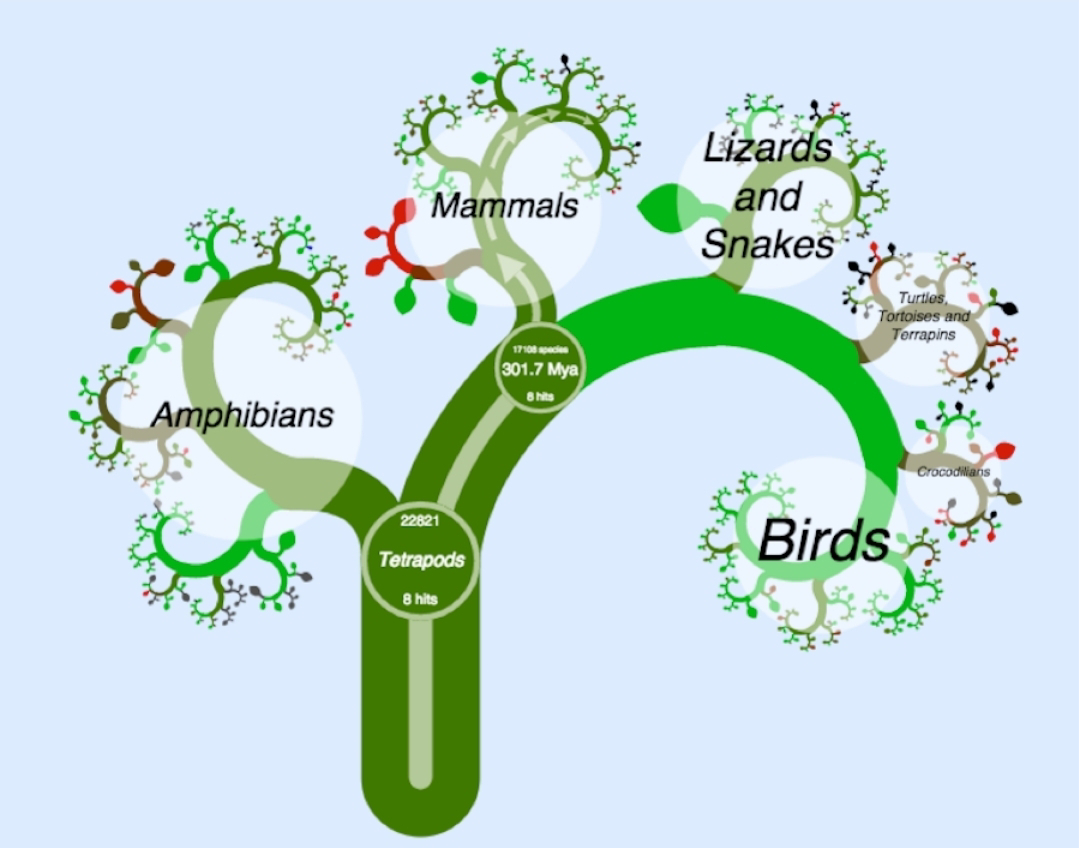Rethinking Phylogenetic Comparative Methods: Challenging Neo-Darwinism
The journal article "Rethinking Phylogenetic Comparative Methods" presents a significant challenge to the traditional understanding of evolutionary biology, particularly the long-held tenets of neo-Darwinism. The article fundamentally questions the way we interpret and analyze evolutionary patterns, urging a reevaluation of established methods and potentially altering our understanding of the mechanisms driving evolutionary change.
The Flaws of Older Phylogenetics
The central argument of the article revolves around the limitations of traditional phylogenetic comparative methods (PCMs). These methods have long been used to examine the relationships between different species and understand how their traits have evolved over time. However, the authors argue that these methods are deeply flawed because they fail to account for the unique, non-replicable nature of evolutionary events.
Traditional PCMs operate under the assumption that evolutionary change occurs gradually and consistently, and that closely related species will share similar traits due to their shared ancestry. However, this view overlooks the potential impact of singular, unpredictable events that can significantly alter evolutionary trajectories. These events, such as sudden environmental changes, genetic mutations, or chance occurrences, can lead to rapid and dramatic shifts in traits, decoupling them from the gradual pattern assumed by traditional PCMs.
The article demonstrates how the neglect of these singular events can lead to misleading conclusions about evolutionary relationships. For example, if two species share a trait due to a single, shared evolutionary event rather than gradual evolution, traditional PCMs might erroneously infer a close evolutionary relationship between them. This can result in inaccurate phylogenetic trees and misinterpretations of evolutionary patterns.
Challenging Neo-Darwinism
The implications of these findings extend beyond methodological concerns. By highlighting the significance of singular events in evolution, the article challenges the core principles of neo-Darwinism, the dominant theory of evolution since the mid-20th century. Neo-Darwinism emphasizes the role of gradual change through natural selection acting on random mutations. It posits that evolution progresses through the accumulation of small, incremental changes over vast periods.
However, the emphasis on singular events suggests that evolution may not always be a gradual, predictable process. Dramatic shifts can occur rapidly, potentially challenging the idea of evolution as a purely gradual and continuous process. This raises the possibility that other mechanisms, beyond natural selection acting on random mutations, might play a more significant role in shaping evolutionary trajectories.
Furthermore, the article's emphasis on the non-replicable nature of evolutionary events raises questions about the predictability and repeatability of evolution. If singular events can significantly alter evolutionary paths, it implies that the same starting conditions might not lead to the same outcomes in different evolutionary lineages. This challenges the neo-Darwinian notion of evolution as a predictable process driven by consistent mechanisms.
The Path Forward
The article challenges neo-Darwinism by advocating for a more nuanced understanding of evolutionary processes. It calls for the integration of data-driven approaches and hypothesis testing to disentangle the impact of singular events from the factors under investigation. This requires a shift away from relying solely on traditional PCMs and embracing a more holistic perspective that acknowledges the complexity and unpredictability of evolution.
This reevaluation of phylogenetic comparative methods has significant ramifications for evolutionary biology. It challenges the prevailing paradigm and encourages scientists to reconsider fundamental assumptions about evolutionary mechanisms. By embracing a more comprehensive approach to understanding evolutionary patterns, researchers can gain deeper insights into the complex forces shaping the diversity of life on Earth.
In conclusion, the article "Rethinking Phylogenetic Comparative Methods" serves as a powerful reminder that evolution is not always a simple, gradual process. It highlights the importance of considering singular events and their potential impact on evolutionary trajectories. By challenging the tenets of neo-Darwinism, the article paves the way for a more nuanced and comprehensive understanding of the forces driving the evolution of life. It underscores the need for continued exploration and innovation in evolutionary biology, as scientists seek to uncover the full complexity of the evolutionary process.




Comments
Post a Comment